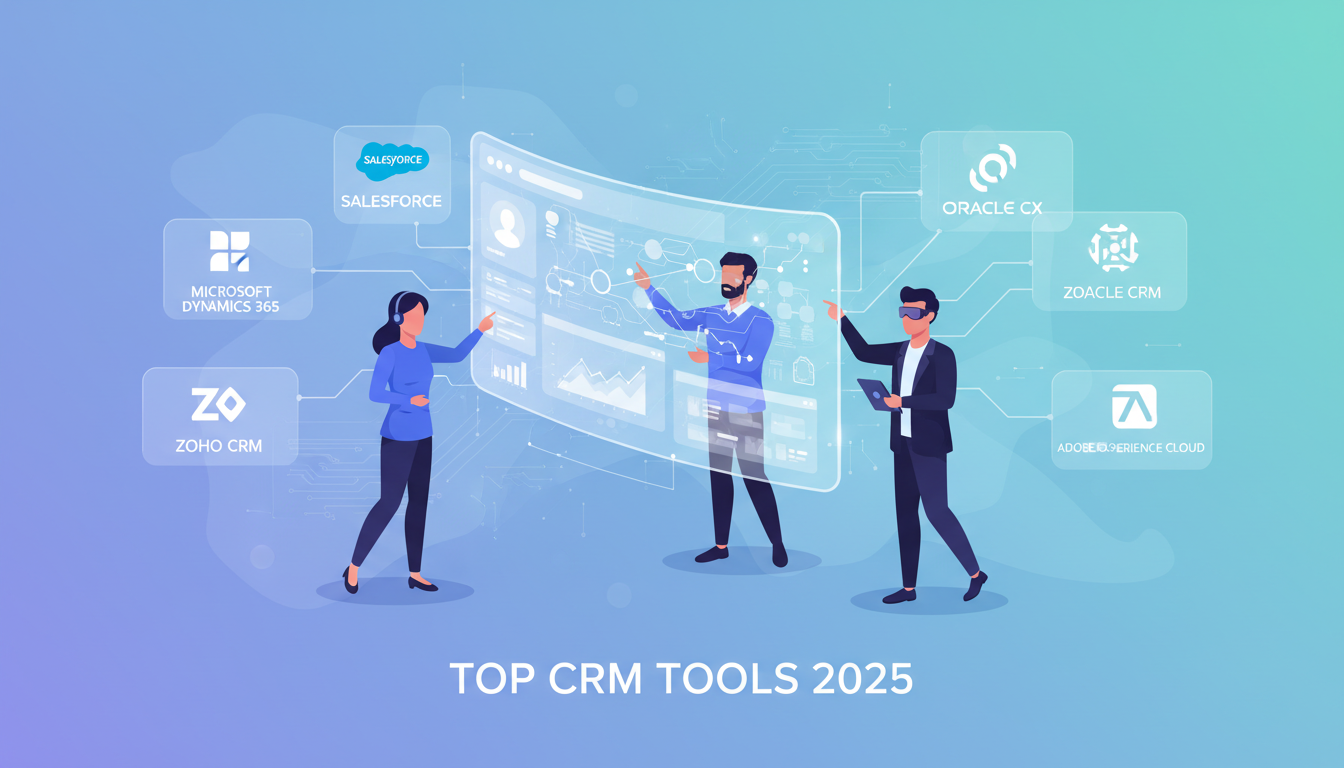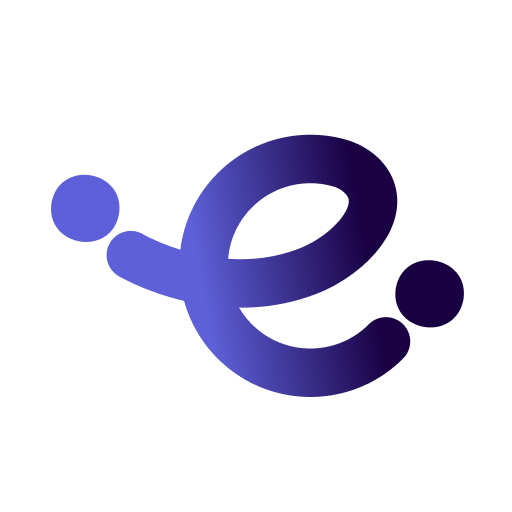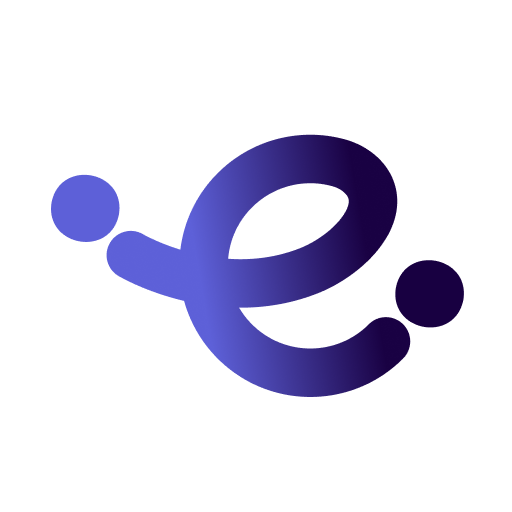In the continuously changing digital world, it can be difficult yı distinguish social platforms from one another. This can be especially challenging when all the platforms seem to blend aspects like entertainment, communication, and content discovery. Users scroll, watch, like, comment, and sometimes share across several apps every day, but not all platforms function the same way. In the debate on what constitutes a social media platform, YouTube in particular can be seen at the center of several debates about whether it is just a video sharing website, a search engine, or a full-fledged social media network.
We’ll dive into what truly defines a social media platform and take a closer look at how YouTube compares to other sites in terms of features, user behavior, and overall function.
What Defines a Social Media Platform?

In the simplest terms, a social media platform can be described as an online space where users from around the world are able to create, share, and interact with content and each other.
In general, social media platforms are structured around the concept of user-generated content, community engagement, and content discovery that is driven by algorithms. However, as the digital world and its platforms continue to evolve, the distinctions might not be as visible as they once were.
Is YouTube a Social Media Platform?

YouTube began its journey in 2005 as a video hosting website, but over the years, the platform evolved into a dynamic ecosystem where creators, brands, and viewers are able to connect and interact.However, there are people who still see YouTube as a search engine or streaming platform rather than a social network. To try to determine whether YouTube qualifies as a social media platform, we need to look into its key features.
User Accounts & Community Engagement
YouTube requires users to create accounts to upload videos, comment, like, or subscribe to other channels. These features are foundational to community-based digital platforms.
-
Commenting and replying
-
Live chats during streams
-
Posting text, polls, and images via the “Community” tab
-
Subscribing to channels and receiving notifications
Algorithmic Feeds & Personalization
The homage and video recommendation pages of YouTube are powered by algorithms that are able to personalize content based on a user’s history, preferences, and subscriptions, similar to the algorithms of Instagram’s Explore page or TikTok’s For You page.
-
Recommended videos based on watch history
-
Trending videos curated per region
-
Subscriptions feed showing content from followed creators
-
Notifications for new uploads or community posts
Content Creation & Sharing Mechanics
In principle, YouTube is about content creation. While traditional social platforms focus on quick, shareable updates, YouTube provides space for more in-depth storytelling and education, though it now also embraces bite-sized content through YouTube Shorts.
-
Long-form videos (tutorials, essays, vlogs)
-
Shorts (vertical, short-form videos)
-
Live streams and real-time interactions
-
Community posts (text, polls, images)
How YouTube Compares to Other Social Platforms
To understand where YouTube fits in the social media landscape, it’s useful to compare it with other major platforms.
While all these platforms allow for user engagement, each has a distinct culture and method of communication.
YouTube vs. Facebook
Facebook is more centered around personal connections and life updates, while YouTube builds relationships between creators and audiences over time.
YouTube vs. TikTok
YouTube and TikTok now directly compete, especially in the short-form video space. YouTube Shorts is YouTube’s answer to TikTok’s viral content format.
YouTube vs. Instagram
Instagram focuses on aesthetics and visual storytelling, while YouTube emphasizes narrative and video-based education or entertainment.
Why the Distinction Matters

The classification of whether YouTube is a social platform or not influences how marketers approach the platform, how educators use it, and how policies and monetization systems are built around it.
For Marketers
Accepting YouTube as a social media platform allows businesses to use it to its full potential. Meaning, not just as a video hosting platform but also as an engagement and community-building tool to use in their digital marketing efforts. The main benefits for brands include:
-
Long-term audience building through subscriptions
-
Organic traffic through YouTube SEO
-
In-depth storytelling and product education
-
Collaborations with YouTube influencers
However, to be successful on YouTube, businesses need to have a dedicated strategy with unique content formats, unlike quick posts on other social networks.
For Educators / Institutions
Educational institutions are using YouTube more and more to reach audiences in more meaningful ways. YouTube’s blend of video content, commenting feature, and live engagement makes it ideal for blended learning models.YouTube’s use cases for educators are:
-
Lecture recordings or explainer videos
-
Student-generated content projects
-
Public outreach and open-access learning
When viewed as social media, educators can also leverage YouTube for feedback and community engagement.
For Platform Policy & Monetization
Classifying YouTube as social media affects how we regulate it, how creators are paid, and how content is moderated. Platforms with social features must consider community guidelines, user protection, and algorithm transparency.
Frequently Asked Questions

Is YouTube officially considered a social media platform?
Yes. While it's also a video-sharing and search platform, YouTube is widely recognized as part of the social media ecosystem by analysts, marketers, and even Google in its own reports.
What makes a platform “social”?
A platform is considered social if it allows user-generated content, public or semi-public profiles, interaction features (like comments or likes), network building (followers or friends), and algorithm-based content discovery.
Is YouTube more of a search engine or social media?
YouTube is both. It functions as a powerful search engine for videos but also includes social features like comments, subscriptions, live chats, and personalized feeds, making it a hybrid platform.
What kind of content works best on YouTube as a social platform?
Educational videos, personal vlogs, product reviews, trend-based Shorts, and commentary on news or culture tend to perform well and drive engagement.
Do marketers need a separate strategy for YouTube?
Yes. YouTube demands high-quality video production, SEO optimization, consistent posting, and active community engagement—unlike quicker, visual-driven platforms.
















